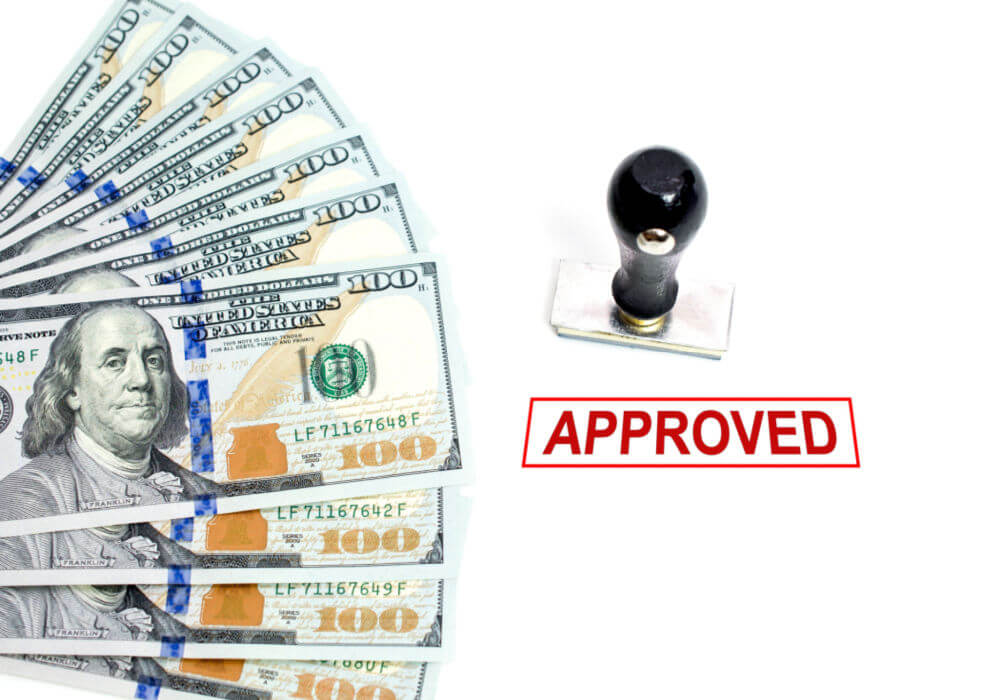
What Is A Collateral Loan, And How Does It Work?

What Is A Collateral Loan?
Perhaps you’ve heard the term “collateral loan” before and have a vague idea of what it means. If you don’t have experience with one, though, you may be wondering “What is a collateral loan?”
A collateral loan, or a secured loan, is a way to borrow money from a lender by offering something as collateral. Sometimes, collateral loans can be easier to get because, unlike unsecured loans, the lender doesn’t have as big a risk. This means that you may be able to get a larger loan.
How Do Collateral Loans Work?
Now that you know what is a collateral loan, let’s explore how they work. The lender will have your collateral appraised to determine its value. After appraising the collateral and agreeing on a loan amount, the lender uses the collateral to ensure that the borrower pays back the loan. If the borrower fails to pay, the lender can take the item used as collateral.
Collateral loans can be a good option for people with bad credit scores because the loan usually does not fully depend on the state of your credit. Instead, the appraisal of the collateral is used to determine loan approval. So while your credit might still get checked, it isn't the one thing a lender is looking at.
What Can Be Used As Collateral?
There are several options that you can use as collateral for a loan. Auto loans and mortgages are some of the most common types of collateral loans; however, there are others. Here are just a few:
- Real estate
- Savings Account/Certificate of Deposit (CD)
- Investment Portfolio
- Insurance Policies
- Jewelry
- Car, Truck, RV, or Boat (Title Loans)
Where Can I Get A Collateral Loan?
If you are seeking a collateral loan, you have a few options:
- Banks: Many banks offer collateral loans. If you have an account with a particular bank, you can reach out to them and see if this is an option for you.
- Credit Unions: If you are a member of a credit union, you can likely qualify for a collateral loan with them. Credit unions often offer lower interest rates than banks; however, they typically require you to be a member.
- Pawn Shops: If you are looking for a fast, short-term loan, you can check out your local pawn shop. They accept a variety of items for collateral, and they typically offer instant cash in return. However, they will usually require that they store your collateral until you return to pay back the loan. Their loans also have high interest rates.
- Online Lenders: You can find lenders online that offer both secured and unsecured loans. Lenders like Carolina Title Loans, Inc. make the loan application process easy and quick, and they offer options that you can’t find with a bank or a credit union.
Make Sure To Also Look Into Title Loans
A title loan is one kind of collateral loan that uses the title of your vehicle as collateral. To get a title loan, your vehicle must be completely paid off, and its title should be in your name. The title must also be completely cleared of any current liens or judgments.
A representative will assess your vehicle, as well as appraise it to determine whether you qualify for a loan. Title loans can be a good option for someone who needs money fast but doesn’t have good credit. This type of secured loan doesn’t require a good credit score.

Get Started On Your Title Loan Today
Now that we’ve answered your question, “What is a collateral loan?”, you’re ready to get the process started! We here at Carolina Title Loans, Inc. offer an easy online process and don’t require any in-store visits. You’ll need your driver’s license or a state-issued ID, your vehicle’s lien-free title, and your vehicle for inspection.
To get the process started, all you have to do is visit the company’s website and fill out our simple online form, or call one of our stores. One of our representatives will then speak to you on the phone, verify your information, answer your questions, and schedule a meeting for you to either come into the store or have us meet you. It’s a simple option with an easy process!
Note: The content provided in this article is only for informational purposes, and you should contact your financial advisor about your specific financial situation.